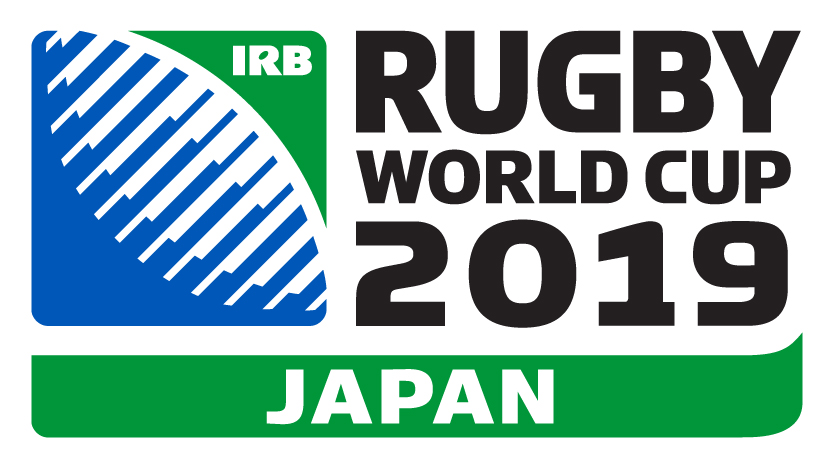The Rugby World Cup in Japan has become one of the most interesting and controversial tournaments in the history of the event. From cancellations of matches due to weather, to the number of disciplinary sanctions issued during the tournament, a lot has happened off the field that has distracted from the intense action on it.
So far, three pool matches have had to be cancelled due severe weather conditions, with many criticising the lack of a contingency plan in the case of extreme weather. However, in other sports, such as cricket, World Cup pool matches are cancelled on a regular basis, without any real backlash whatsoever.
While it is unfortunate that these matches were not able to go through as planned, player and spectator safety is always the highest priority, and due to the strict schedule of a major tournament, it is not always possible to delay or reschedule pool matches.
With that said, angry spectators can rest assured that every knockout stage match has a reserve day in place in the event of severe weather on the day affecting the match. This reserve fixture for each match from the quarter-finals through to the grand final will also be at a location that is far enough away from the original venue that the weather conditions will not affect the match in the same manner.
This means that there should be no controversial promotion through the knockout stages as a result of adverse weather conditions.
Another hot point of contention throughout the tournament in Japan has been the number of red and yellow cards that have been dished out throughout the tournament. Heading into the quarter-finals this weekend, a total of seven red cards, and 25 yellow cards, have been issued throughout the 2019 World Cup.
By contrast, the previous World Cup in 2015 only saw one red card being issued throughout the whole tournament, while 53 yellow cards were issued throughout the tournament. The red card in 2015 was also only issued as a result of two yellow cards being issued to the same player in a single match, while all of the red cards in 2019 have been straight red cards issued after severe breaches of the laws.
Prior to the World Cup in Japan, the previous record for most red cards issued in a single tournament was four, in 1995 and 1999 respectively. With the tournament still far from over, there may still be more cards to come, if the trend of harsh punishment is to continue.
The reason for the increase in number of cards issued in 2019 can be accounted for by the cracking down by World Rugby on the tackle area, with particular emphasis on tackle height. The new protocol that has been employed for 2019 involves a series of questions designed to determine the severity of an infringement.
When adjudicating a potential high tackle, the on-field referee discusses with the Television Match Official (TMO) as well as their assistant referees the severity of the incident. The assessment follows the following train of thought: Where is the initial contact point?; Was the hit with force?; Were there arms wrapped around the player? and, are there any mitigating factors (such as ducking on behalf of the attacker)?
Throughout this year’s World Cup, the answer to the final question has usually been “no”, meaning that there has been little to reduce the sanction from a red to a yellow card. This has also resulted in a high number of match bans issued to players that have been red carded.
The average length of these bans has been three weeks, meaning that any player who received a red card in their final pool match, or will receive a red card from here on out, will likely miss out on the rest of the World Cup.
Despite many claiming that the high number of sanctions has reduced the quality of this year’s World Cup, it is clear that the referees and World Rugby are placing a high priority on player safety throughout this World Cup.
https://www.grocotts.co.za/2019/10/18/former-graeme-player-stars-for-japan/


